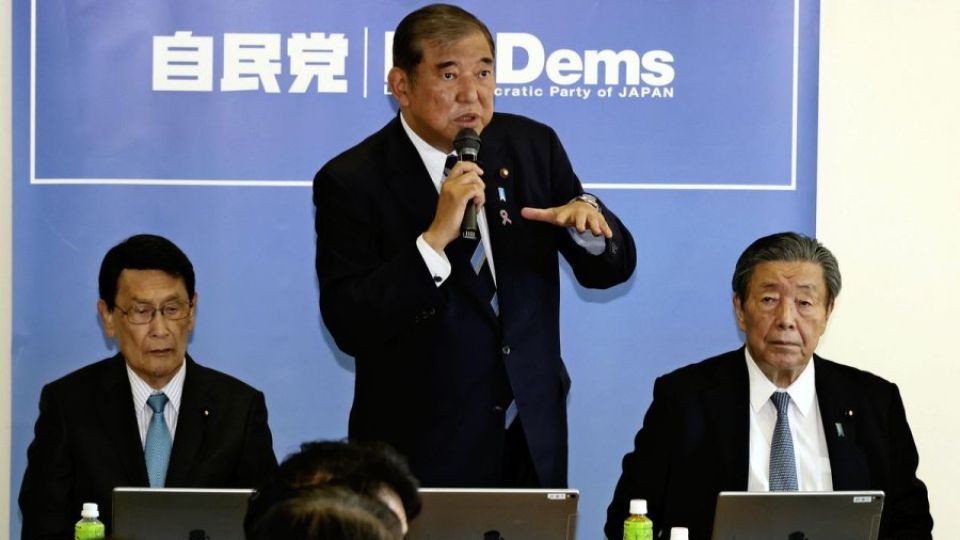November 14, 2024
TOKYO – The approval rating for the second Cabinet of Prime Minister Shigeru Ishiba stood at 43% in a Yomiuri Shimbun survey taken on Monday and Tuesday, up 9 percentage points from the previous survey on Oct. 28-29, right after the House of Representatives election.
The nationwide survey was conducted on Monday and Tuesday following the inauguration of the second Ishiba administration.
The survey also showed that 66% of respondents supported the plan of the opposition Democratic Party for the People for policy-by-policy cooperation with the ruling coalition, while 21% disagreed with it.
Although the Cabinet’s disapproval rating eased to 42%, down from 51% in the previous survey, the figure is neck and neck with the approval rating. Ishiba is likely to face difficulties in steering his minority government.
In an earlier survey on Oct. 1-2, right after the launch of the first Ishiba Cabinet, its approval rating stood at 51%.
In the latest survey, the most common reason for approving Ishiba’s Cabinet was, “There are no other good people,” which was selected by 45% of the respondents. Among those who disapproved of the Cabinet, the most common reason was “because it’s a Liberal Democratic Party-centered administration,” which was chosen by 29%.
Asked whether the prime minister will be able to exert leadership from now on, 56% said they “do not think so,” while 31% said they “think so.” To a question on whether the politics-and-money issue involving LDP factions would be resolved under the prime minister, 81% said they “do not think so,” whereas 13% said they “think so.” Regarding the situation in the lower house, where the ruling coalition has failed to maintain a majority, 36% said they feel anxiety while 55% said they do not.
Regarding the DPFP’s proposal to raise the ¥1.03 million annual income threshold for imposing income tax, 78% supported it while 13% were opposed. As for that party’s call to enable a temporary gasoline tax cut by lifting the freeze on the so-called trigger clause, 81% supported it and 10% opposed it.
Asked which general stance they would like the DPFP to take in the future, 52% of respondents said it should decide whether to support or oppose to the ruling parties depending on individual policies, whereas 31% said it should “aim for a change of government in collaboration with other opposition parties.” Another 11% said the party should “join the coalition government of the LDP and Komeito.”
As to what kind of administration they expect after a next lower house election, 44% said “continuation of LDP-centered administration,” whereas 37% said “change to an administration centered on opposition parties.”
When it comes to support for individual political parties, the LDP was supported by 30% of respondents, up from 25% in the previous survey. The Constitutional Democratic Party of Japan was backed by 11%, down from 14%; the DPFP was supported by 10%, up from 7%; Reiwa Shinsengumi was backed by 4%, which was unchanged; the Japan Innovation Party was backed by 3%, down from 5%; Komeito was supported by 3%, down from 4%; and the Japanese Communist Party was backed by 2%, down from 3%. Thirty percent of respondents said they did not support any particular party, down from 31% in the previous survey.

